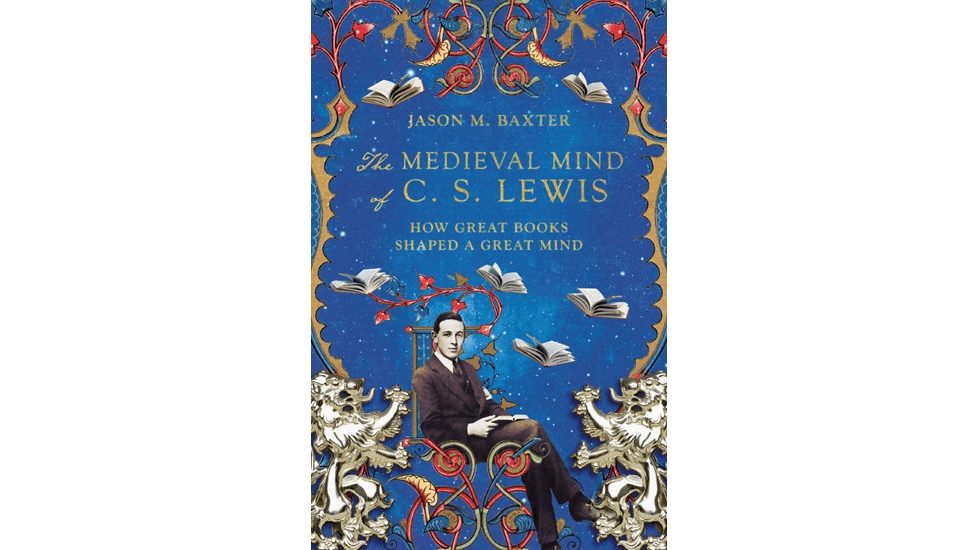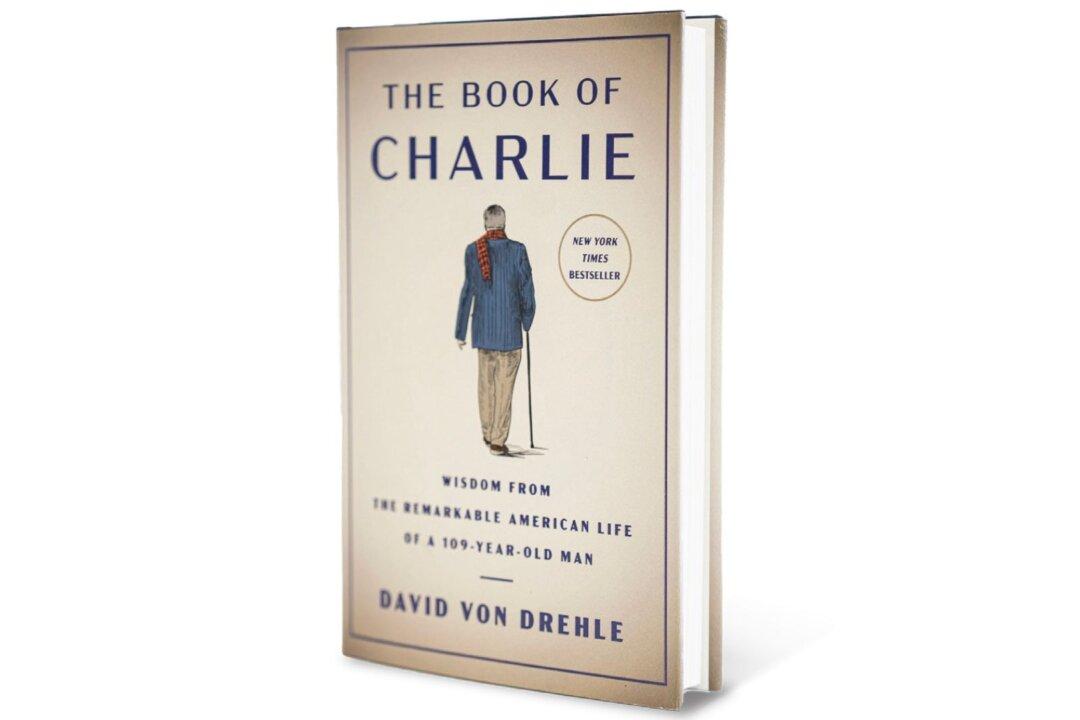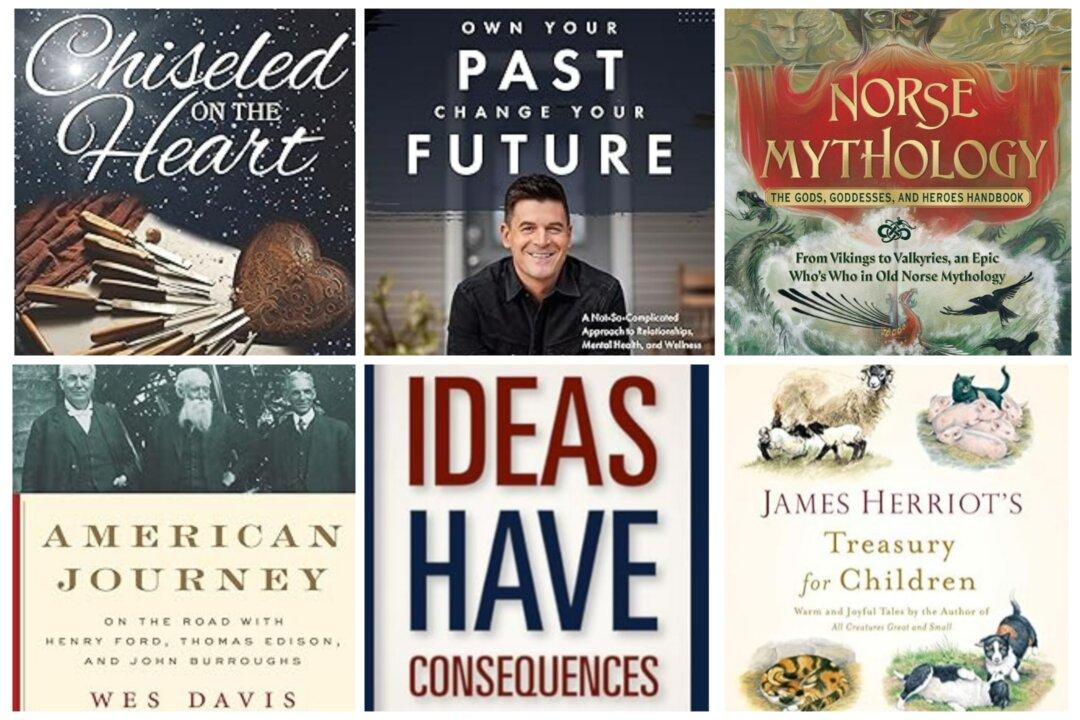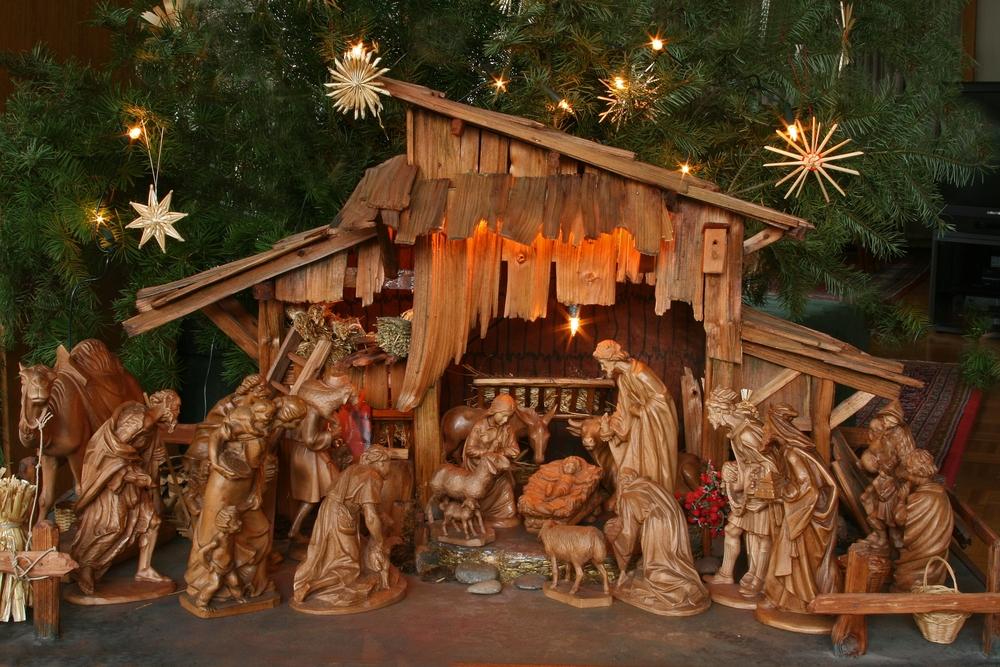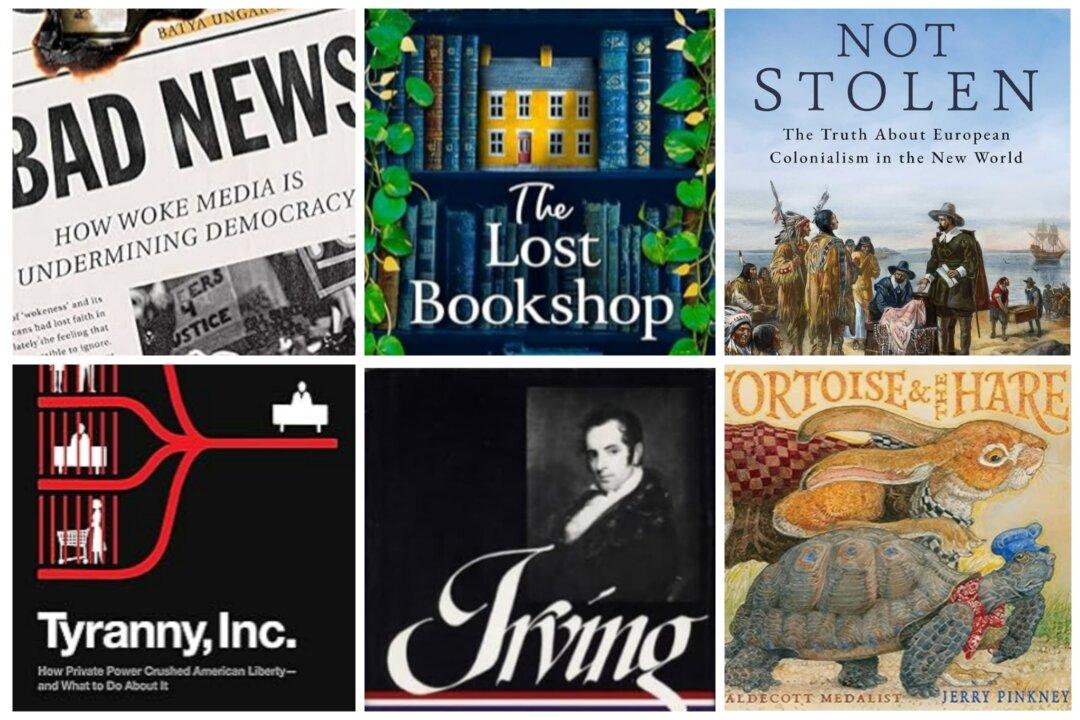When I was a young girl, my mother gifted me one Christmas with D’Aulaires’ “Book of Greek Myths.” It stuck. When I went off to college, it was classes in Greek and Roman mythology and philosophy that had my mind soaring with a deeper appreciation for these ancient shapers of thought.
This scholarly work by Jason M. Baxter, an associate professor of the arts and humanities at Wyoming Catholic College and the author of several books on Dante, immediately intrigued me.

